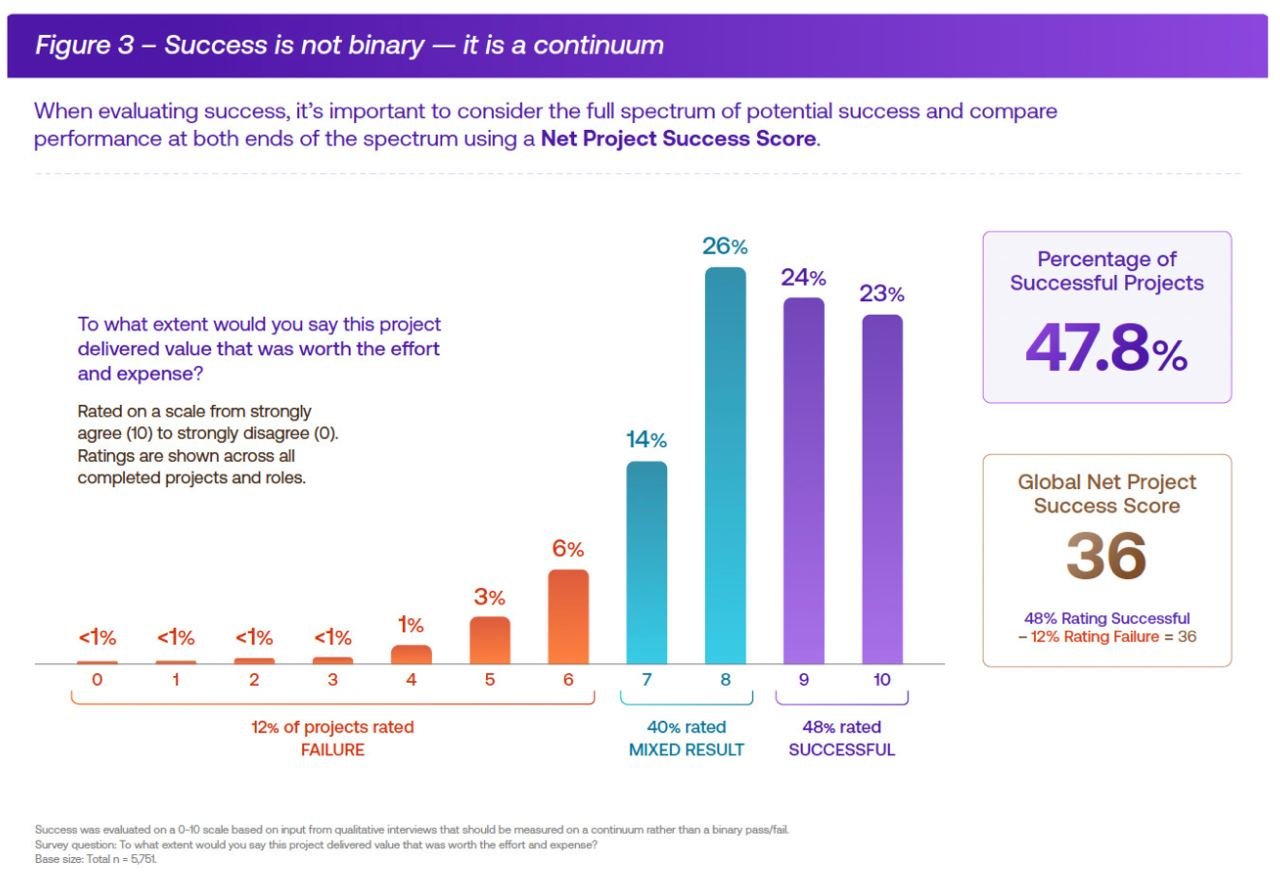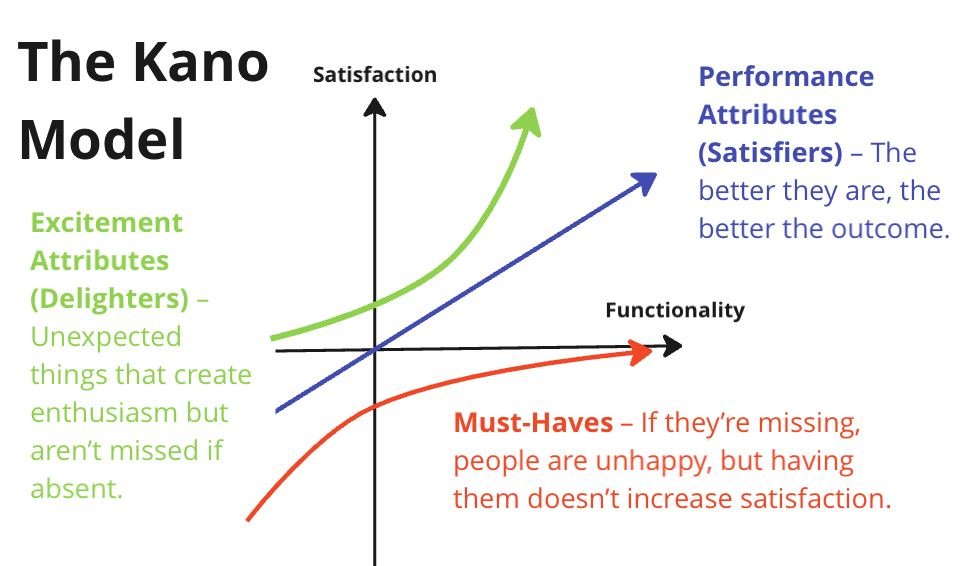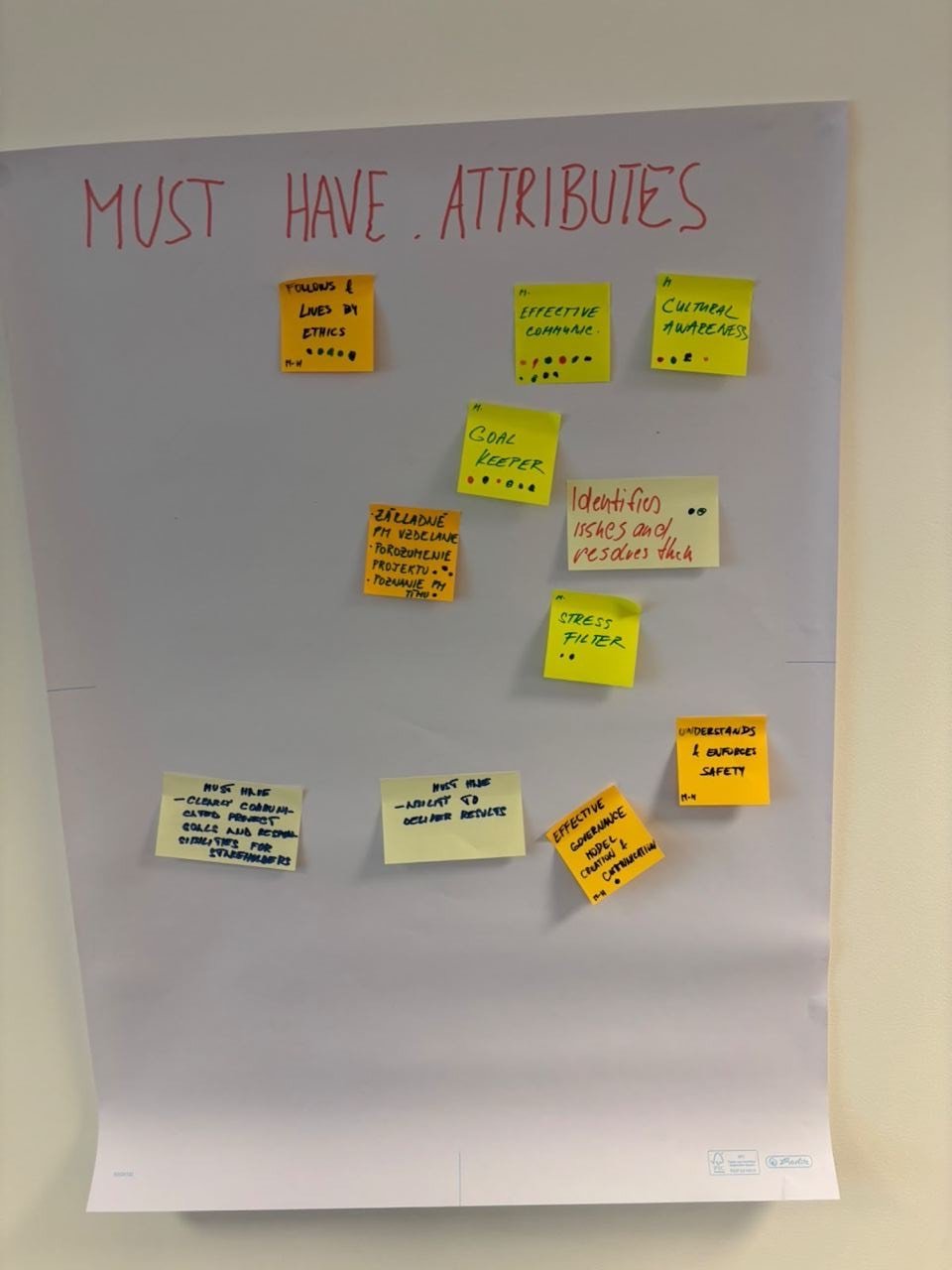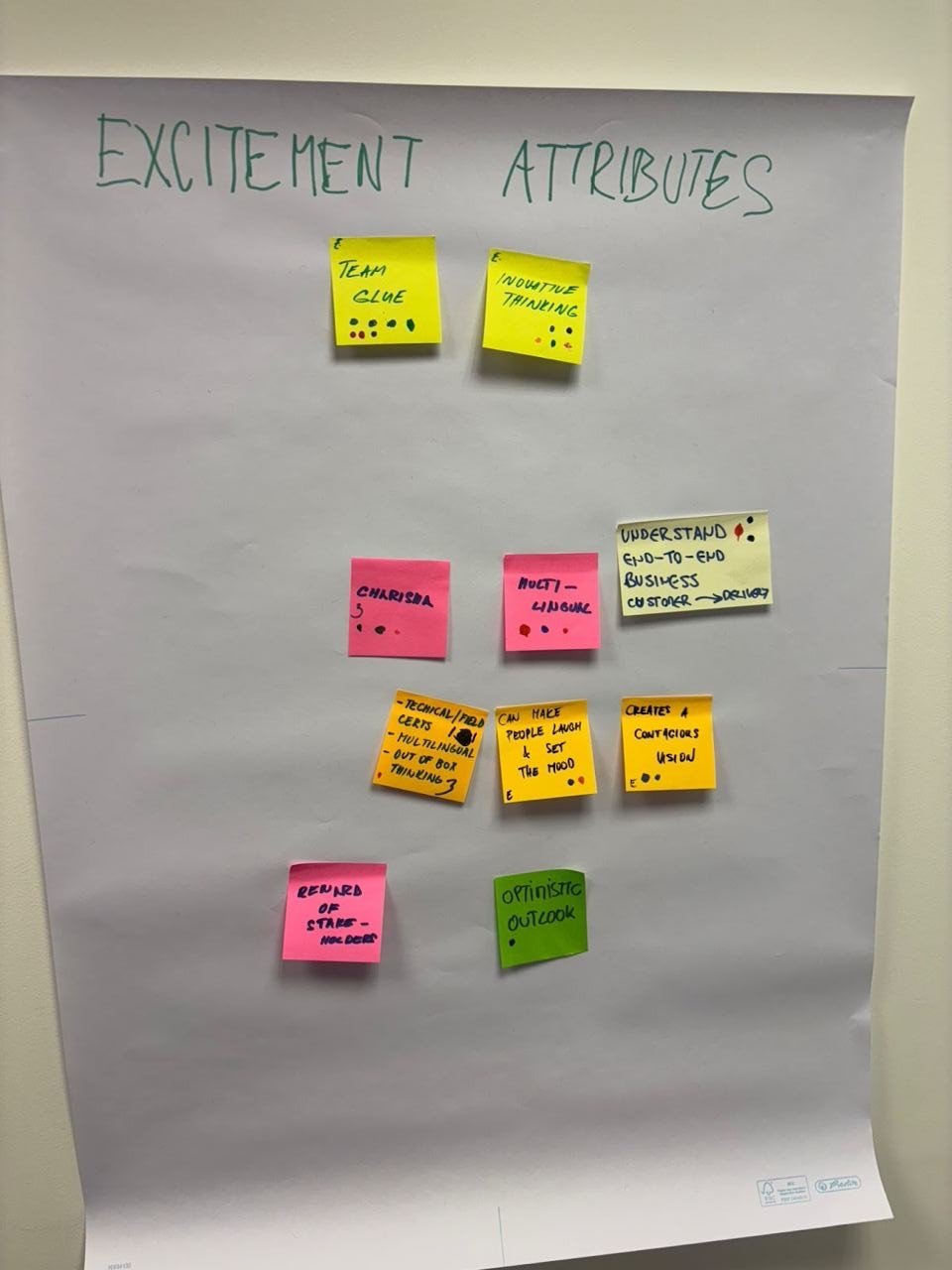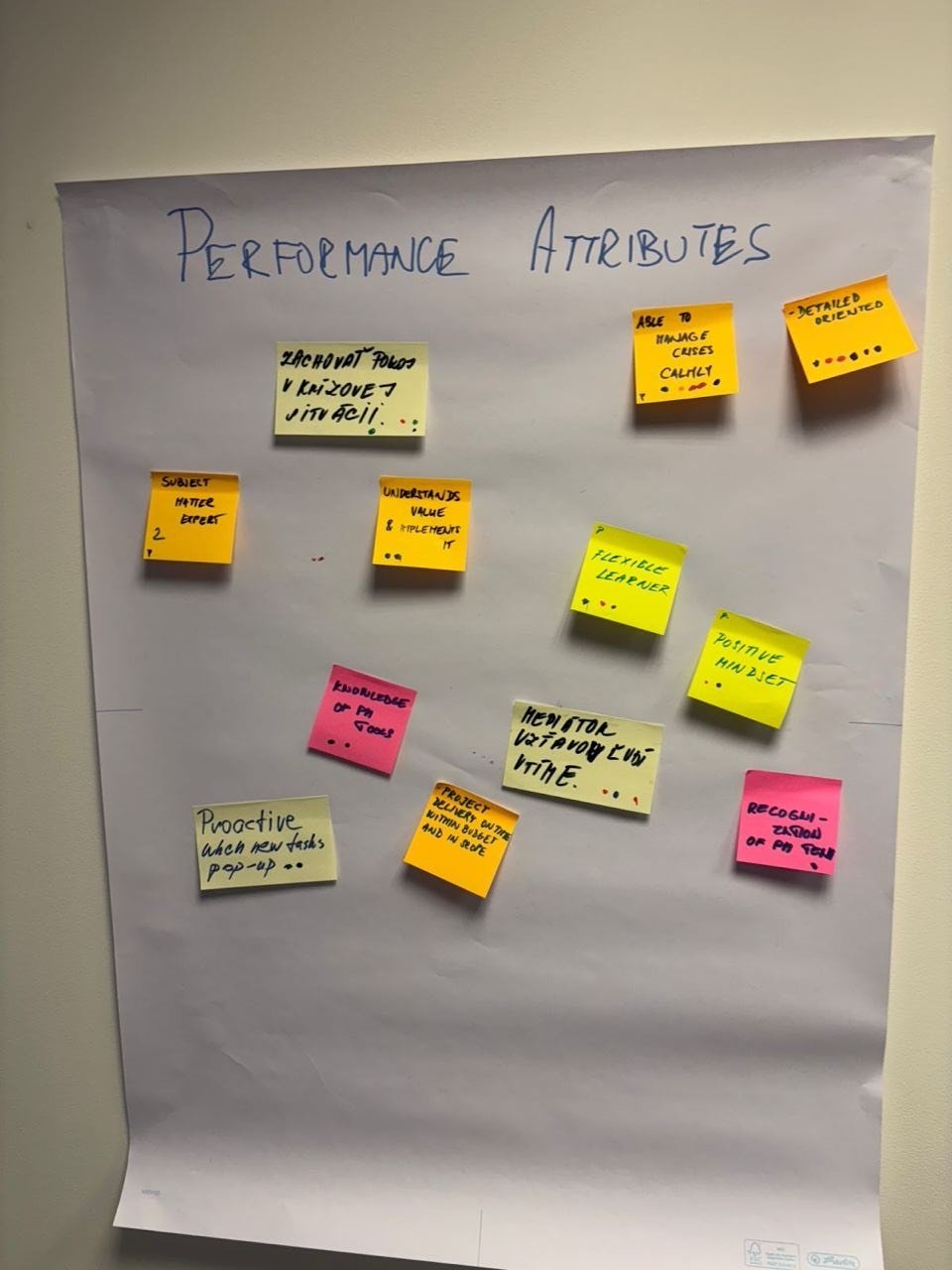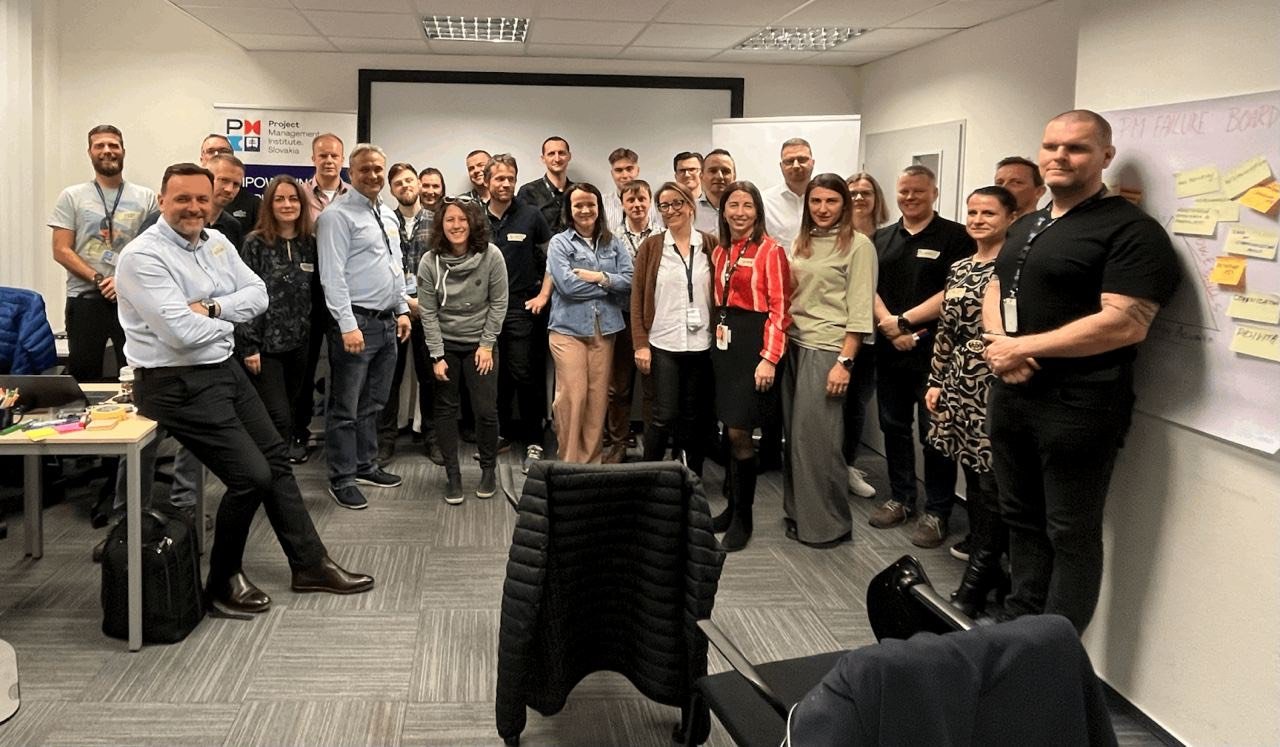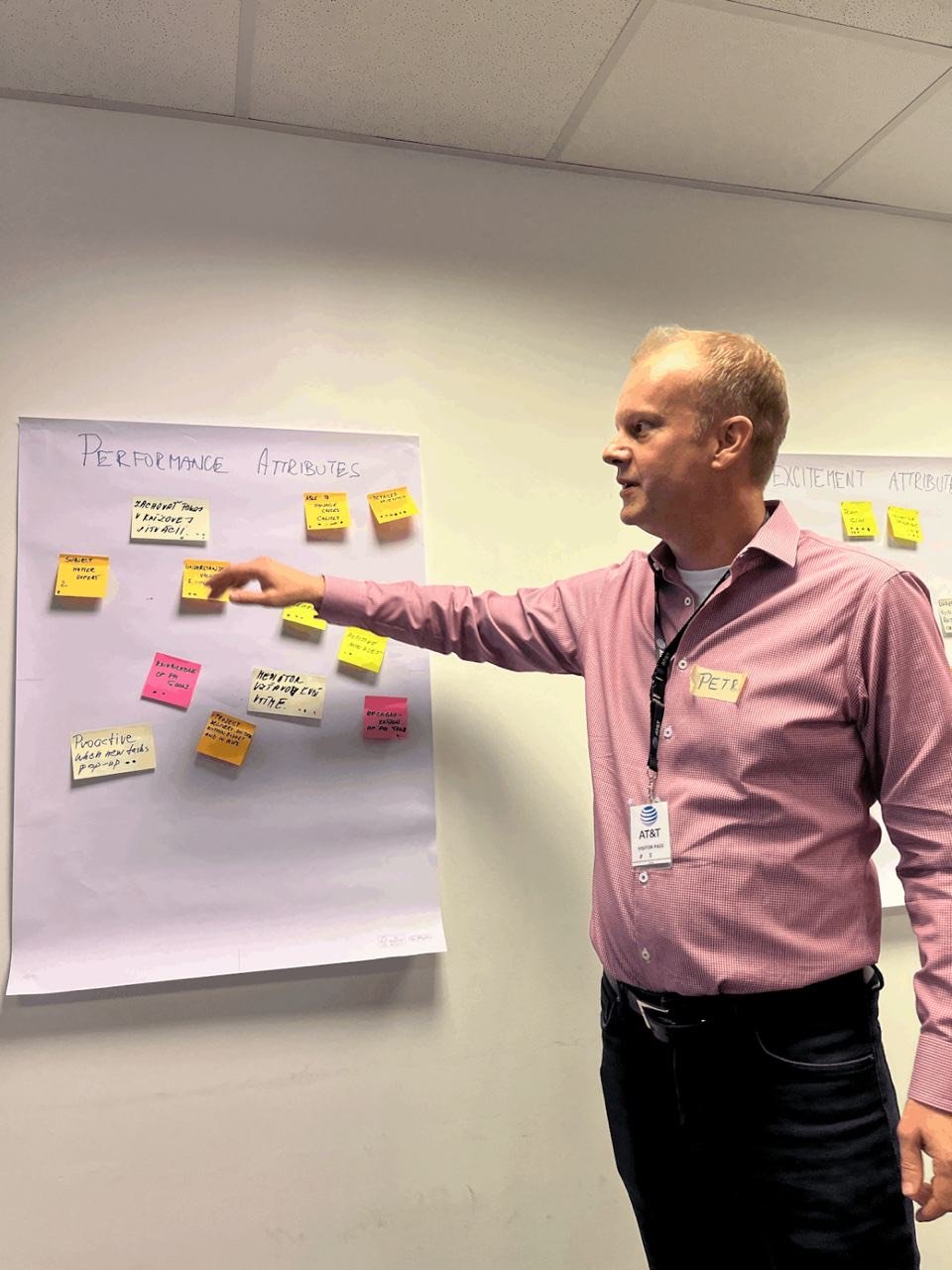At first glance, the answer seems obvious – staying on budget, delivering on time, and meeting scope. But the more experience you have in project management, the more you realize that success is layered. And it was exactly these layers we explored during the March workshop hosted by PMI Slovakia in Košice.
Hledaný výraz musí mít více jak 2 znaky.


